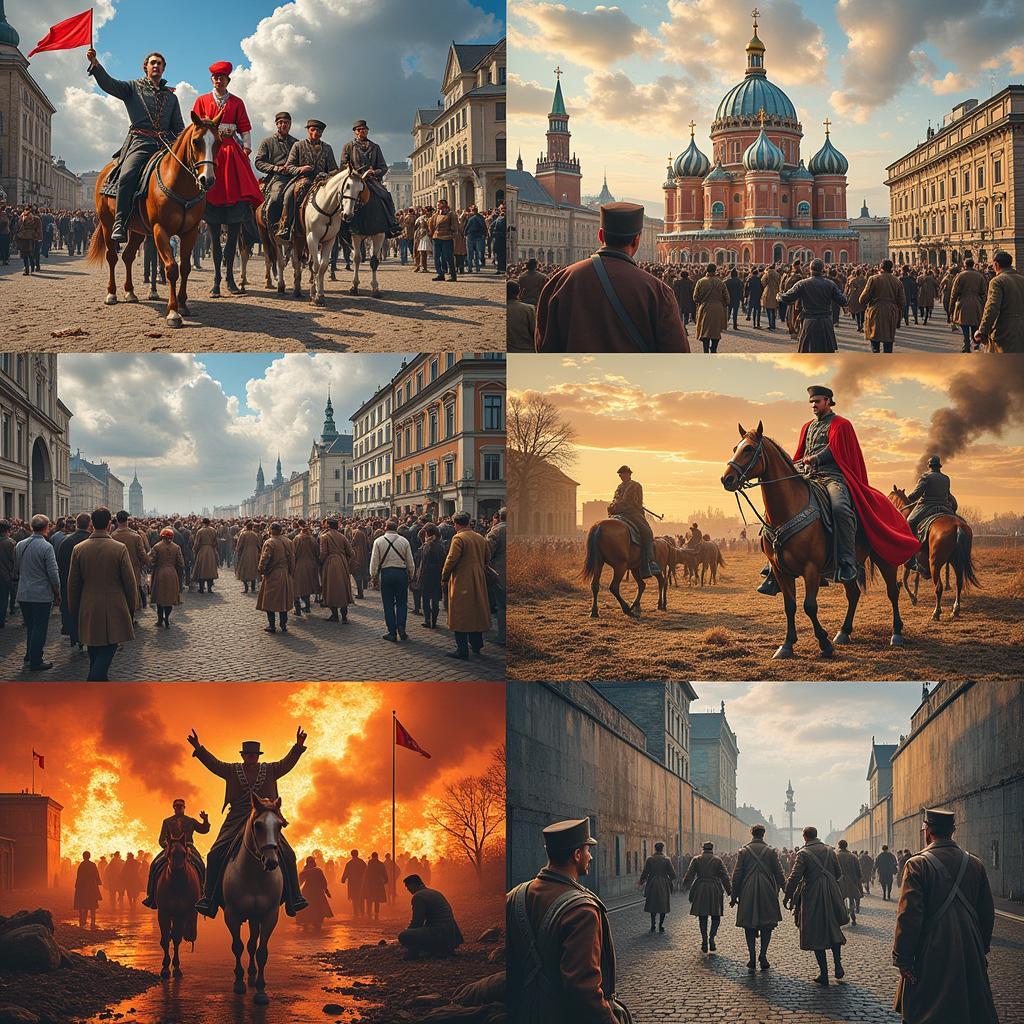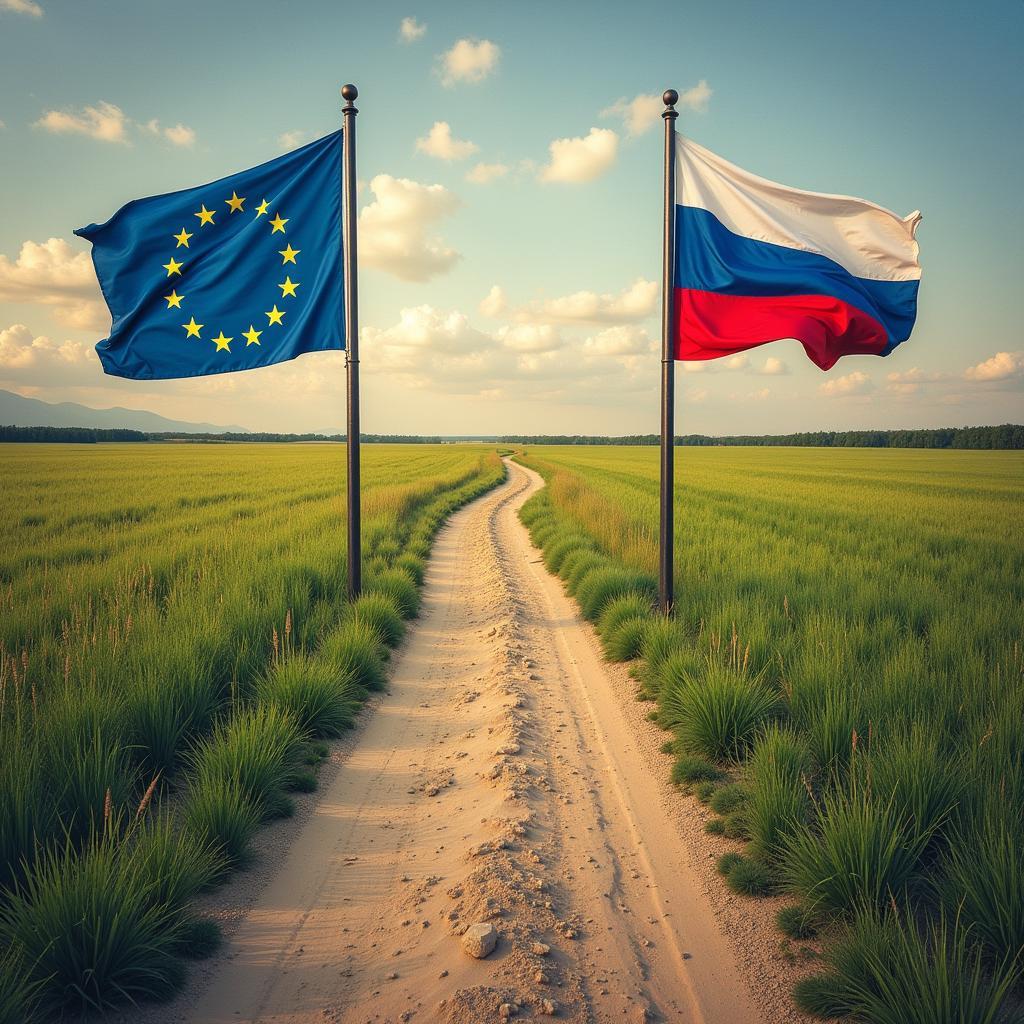The West Vs Russia, a phrase often echoing in news headlines and political debates, encapsulates a complex and multifaceted relationship shaped by centuries of interaction. This dynamic, encompassing political, economic, and cultural dimensions, defies simplistic categorization. To understand its current state, we must delve into the historical currents that have driven both cooperation and conflict between these two powerful entities.
A History Marked by Cooperation and Conflict
 Russia and the West: Historical Encounters
Russia and the West: Historical Encounters
The relationship between Russia and the West has witnessed periods of remarkable collaboration, such as the alliance against Nazi Germany during World War II. This period, etched in collective memory, demonstrated the potential for unity in the face of shared threats. However, the post-war era ushered in the Cold War, characterized by ideological rivalry, military buildups, and proxy conflicts.
The collapse of the Soviet Union in 1991 offered a brief window of optimism for closer ties. Russia, under Boris Yeltsin, embarked on a path of democratic and economic reforms, seeking integration with Western institutions. However, this period was short-lived, as the expansion of NATO eastward and Western intervention in regions traditionally considered within Russia’s sphere of influence reignited historical anxieties and fueled a sense of mistrust.
Diverging Values and Geopolitical Interests
 Divergent Paths: Russia and the West
Divergent Paths: Russia and the West
One of the key fault lines in the relationship lies in the divergent values espoused by Russia and the West. While Western democracies champion individual liberties, democratic governance, and a rules-based international order, Russia, particularly under Vladimir Putin, has pursued a more assertive foreign policy, prioritizing state sovereignty and challenging what it perceives as Western hegemony.
Furthermore, geopolitical interests often collide. Russia’s annexation of Crimea in 2014 and its involvement in the conflict in eastern Ukraine exacerbated tensions with the West, leading to economic sanctions and heightened military posturing.
The Quest for a New Equilibrium: Competition or Coexistence?
The future of the West-Russia relationship remains uncertain. While some analysts predict a protracted period of strategic competition, others advocate for a more pragmatic approach based on dialogue and cooperation in areas of mutual interest, such as counter-terrorism and arms control.
“The West vs Russia narrative, while capturing the current climate of tension, risks oversimplifying a complex relationship,” argues Dr. Elena Nikitina, a prominent scholar of Russian foreign policy. “Dialogue, however difficult, remains essential to address shared challenges and prevent further escalation.”
In conclusion, the West vs Russia dynamic is a product of a long and intricate history marked by both periods of cooperation and conflict. While differences in values and geopolitical interests continue to pose significant challenges, finding a way to coexist peacefully and manage competition responsibly is crucial for global stability.